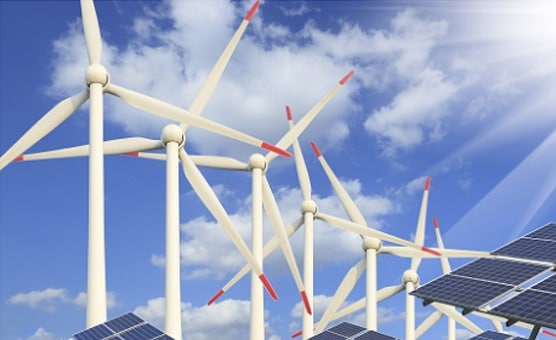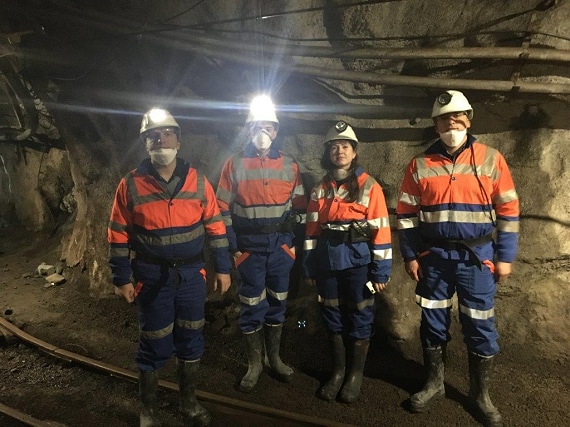Macedonia is striving to become self-sufficient in electrical energy. The total annual generation of electricity amounts to about 6,000GWh, mostly from thermal and hydroelectric sources, covering about 65% of domestic energy needs.
In line with European policies, the State Electricity Utility has been restructured into 4 independent units for generation (two units), transmission and distribution of electricity. The distribution has subsequently been privatised in 2006 and 90% of the shares were sold to EVN (Austria).
Macedonia is striving to become self-sufficient in electrical energy. The total annual generation of electricity amounts to about 6,000GWh, mostly from thermal and hydroelectric sources, covering about 65% of domestic energy needs.
In line with European policies, the State Electricity Utility has been restructured into 4 independent units for generation (two units), transmission and distribution of electricity. The distribution has subsequently been privatised in 2006 and 90% of the shares were sold to EVN (Austria).The generation capacities are still mostly State-owned. They include 4 coal-fired power plants with an installed capacity of about 800MW and over 20 small and medium hydro-power plants with an installed capacity of above 537MW. The 210MW oil-powered Negotino plant is used only during peak periods and cold reserve. The privatisation procedure in 2007 was cancelled due to the electricity situation in the region.
There are a number of new generation projects on-going, most of them aimed at tackling the country vast hydro-energetic potential. They include, among other:
- the two large (over 500MW altogether) hydro-power plants at Cebren & Galiste;
- large number of small and medium hydro facilities;
- a combined cycle gas power and heating plant in the suburb of Skopje.
The country imports all its oil and gas needs. A pipeline brings oil from Thessaloniki to the country’s only refinery, OKTA, which is owned by Hellenic Petroleum. A natural gas pipeline brings Russian gas from the Bulgarian border to Skopje and the gas distribution network is in development.


How PwC can help you
To maintain the competitive edge in today's business world, companies need to make sure that their strategy will deliver the desired results - a reduction of costs, increased market share - and that the implementation of the strategy in the local market maximises the value of the investment. Our role is to effectively and safely guide our clients through the Macedonian regulatory environment and help them resolve their specific issues.
PwC serves the largest players on the Macedonian energy market. Our team of people is equipped with the knowledge to provide both investors and companies they invest in with innovative solutions, to cushion them against the potential risks in this developing industry, but mainly to provide them practical solutions to fit specific requirements and ensure future business growth.
We help companies confront the industry's most challenging changes and issues, including:
- Addressing sustainability
- Complying with regulatory & reporting requirements
- Improving performance & Operational effectiveness
- Managing industry Regulatory change
- Industry transactions & Consolidation
- Managing financial risk

